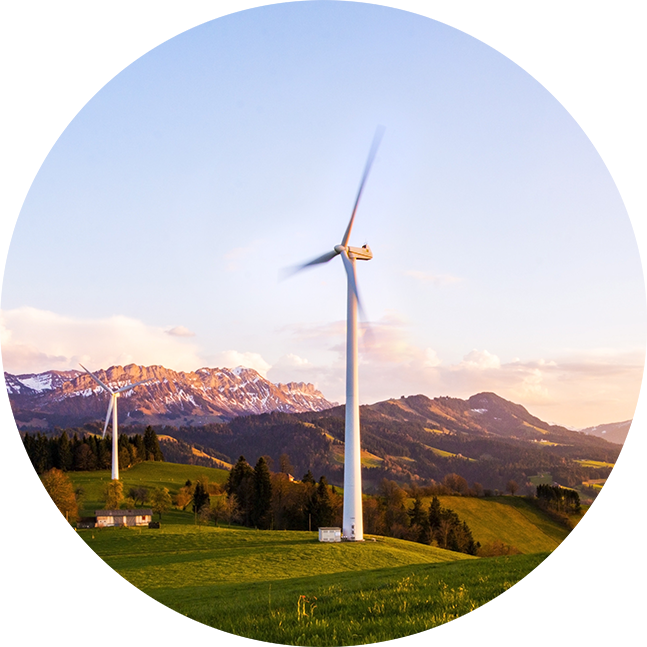
Environmental Protection & Troutner Farms LLC
You as the farmer are the first line of defense. The practice of environmental protection is for protecting the natural environment and should be integrated on an individual, agricultural, and moral level when planning and developing your land. Conscious efforts buy you, the landowner, could be the difference in the future productivity of your farm and the environment.
Troutner Farms believes that by integrating strategic methods into your master plan you can help in changing the impact that we as farmers have on our ecosystem. It can be as simple as installing a riparian zone near your waterways, taking a second look at your energy consumption and exploring new ways to offset your use of power, using energy from a renewable source. Exploring new ways of filtering your agricultural runoff, adding a layer of defense to our precious waterways. Being mindful of the use of chemicals, and finding alternative solutions to dealing with common agriculture problems such as pests and disease.
We are part of an ecosystem. We are living beings depending upon each other to survive on earth. An ecosystems approach to agriculture management aims to consider the complex interrelationships of an entire ecosystem in decision making rather than responding to specific issues with no liability.
The Environmental Protection Agency is an independent agency of the United States federal government for environmental protection. The establishment of the EPA began operation in 1970. The Environmental Protection Agency can only act under statutes, which are the authority of laws passed by congress. Agriculture is the largest unregulated industry on the planet, dumping millions of gallons of untreated agriculture waste into our waterways spiking our nitrogen and phosphorous levels creating massive algae blooms and dead zones in our seas. Sea surface temperatures warm to record levels, and then big agriculture complains about other regulated industries abuse of emissions, pointing the finger at the cause of drought! Demanding compensation for there loss of crops, So who’s floating the bill for who?
